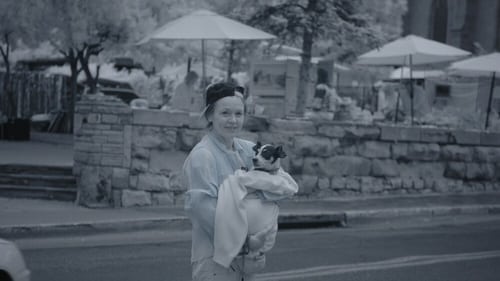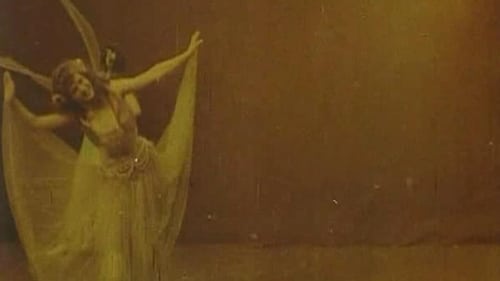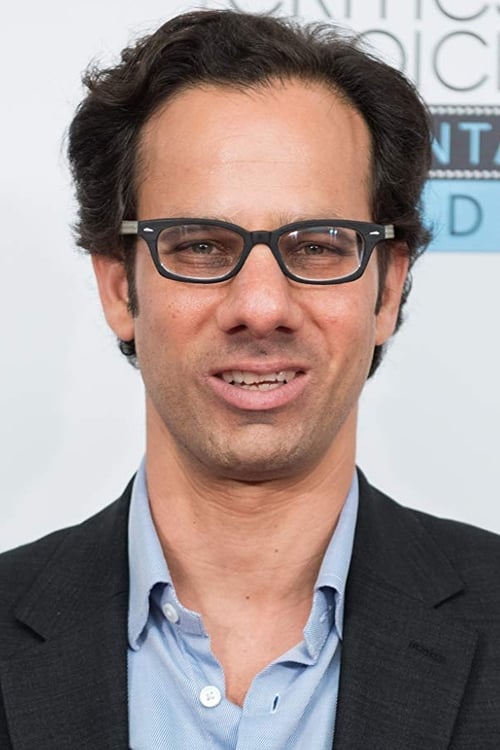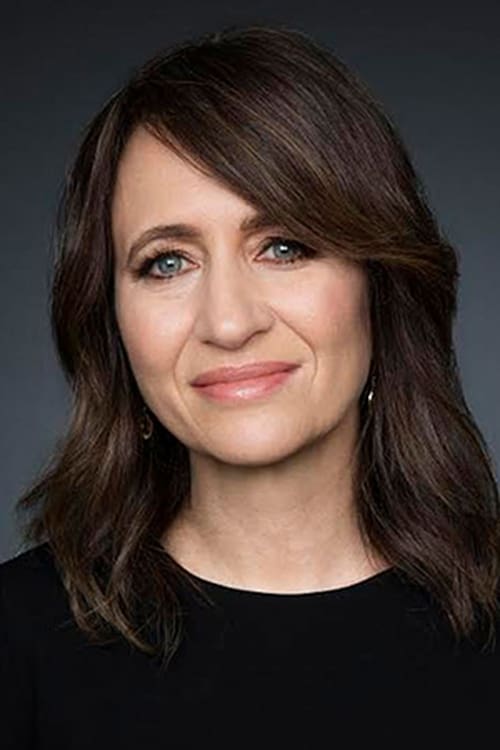The Ringleader: The Case of the Bling Ring (2023)
The take-all tell-all.
Жанр : документальный
Время выполнения : 1Ч 35М
Директор : Erin Lee Carr
Краткое содержание
In a candid, first-time interview with Rachel Lee, the so-called teenage mastermind behind a string of high-profile celebrity robberies in 2008 and 2009, the film examines the motivations of Lee and a group of her friends who broke into celebrity homes in Hollywood to ransack and steal, exploring the possible reasons behind her actions including mental health issues and addictions, as well as the climate of celebrity excess that fueled the teens, recontextualizing the events behind the sensational headlines.

A document of the 10 days - in 1990 - leading up to the unification of the two German currencies.

The history of the irreverent "The Smothers Brothers Comedy Hour" and the content battles it fought with its television network.

Ten women in Canada talk about being lesbian in the 1940s, 1950s, and 1960s: discovering the pulp fiction of the day about women in love, their own first affairs, the pain of breaking up, frequenting gay bars, facing police raids, men's responses, and the etiquette of butch and femme roles. Interspersed among the interviews and archival footage are four dramatized chapters from a pulp novel, "Forbidden Love".

Wake compares colonial paintings of New Zealand intended to encourage migration to the colonies in the 1850s, with filmed images of the same country 100 years later, shot by the filmmaker's father. This experimental film compares the vision of a "promised land" with the lived memory of migration and explores too, the misrepresentation of indigenous people during both these eras. The half-hour experimental film is a response to the death of the filmmaker's father, an event that ultimately led to her return to New Zealand after a decade in America.

Дебютный фильм Лори Андерсон объединяет под обложкой интимный дневник режиссера, философскую студию, ностальгическую анимацию и музыку, которая во вселенной Андерсон звучит, не переставая.

A documentary about Samuel ("Sammy") Steinmann who is today the sole survivor of the Norwegian Jews who were deported to Auschwitz during World War 2.

Serpentine dance.

A woman wearing dragonfly wings performs a romantic dreamlike dance.

Документальный фильм повествует о российской художественной гимнастке Маргарите Мамун во время ее подготовки к Олимпийским играм.

If your family photographs could speak, what stories would they share? Interweaving interviews with family artefacts, 'My Lovely Grandma' is an exploration of my maternal family history from the perspective of Molly and the woman she was before she became my lovely grandma.

Essay on the influence of arts at the end of the 20th century produced by the Museum of Modern Art.

In 2002, on the occasion of her brother’s wedding, Dominique Cabrera begun to shoot the gathering, and decided to continue over 10 years, time imprinting its marks on her family and "becoming the film" as she expresses it. Halfway between Agnès Varda and Alain Cavalier, Dominique Cabrera delivers a sensitive film both intimate and universal: "Ten years ago, my brother Bernard got married for the second time. We all went to the wedding in Boston, where he lives. It felt as if we were four little children again with our mom and dad. I had brought along a small camera, which I began to use to film our family. I've continued to this day..."

The title Dal polo all'equatore was first used by the pioneering documentary maker, Luca Comerio, for a compilation film of 1925; it was used again by Yervant Gianikian and Angela Ricci Lucchi for their film of 1985. Much of the original has been re-worked: the 'found footage' has been re-shot, slowed down, tinted, and re-edited with a sound track of minimalist composition. As a result, the exotica of colonial travel and sport take on new and sinister meanings. The acts of violence, especially those of hunting, recur in patterns that suggest visually that war is a logical development. A close examination of the work, starting with the opening sequence of a railway journey, explores the centrality of questions of memory and history to this remarkable and influential film.

This documentary short by Alanis Obomsawin tells the story of Kahentiiosta, a young Kahnawake Mohawk woman arrested after the Oka Crisis' 78-day armed standoff in 1990. She was detained 4 days longer than the other women. Her crime? The prosecutor representing the Quebec government did not accept her indigenous name.

This is the story of José and Susanna, a father and a daughter separated by deportation and immigration status.

Butterfly dance.

Out of Print, narrated by Meryl Streep, draws us into the topsy-turvy world of words, illuminating the turbulent and exciting journey from the book through the digital revolution. Jeff Bezos, Ray Bradbury, Scott Turow, Jeffrey Toobin, parents, students, educators, scientists – all highlight how this revolution is changing everything about the printed word – and changing us.

The life and times of Joe Albany, a little-known jazz pianist, is the subject of this specialized documentary that not only brings out the pianist himself, but the mood and feeling of the era in which he reached the top. Albany talks about the great musicians and singers he worked with - Billie Holliday and Charlie Parker among them - and how so many succumbed to drugs and died young. He is followed around at home, work, on the bus, and in other settings as he is interviewed by director Carole Langer. His sharp observations and dry sense of humor enliven the stories.

Del Martin and Phyllis Lyon have been partners in love and political struggle for fifty years. With incisive interviews, rare archival images and warmhearted humor, Joan Biren's 2003 film reveals their inspiring public work, as well as their charming private relationship. When they courageously launched the Daughters of Bilitis in 1955, it became the first public organization for lesbians in America. Today, these tireless activists are educating both the LGBT and aging movements on the needs of older lesbians.

A haunting story of the FBI's dark hand in American life. In 2015, Khalil Abu-Rayyan was just a young Muslim man in Detroit, Michigan: to get by, he delivered food for his family's pizzeria. Depressed and lonely, Khalil found solace in smoking weed and looking at extremist material online. Then two young women started messaging him, and he fell in love. But one of them suggested he start doing increasingly violent things. Nothing was as it seemed. And Khalil's life would never be the same. A documentary by Garret Harkawik for the Gravel Institute.















